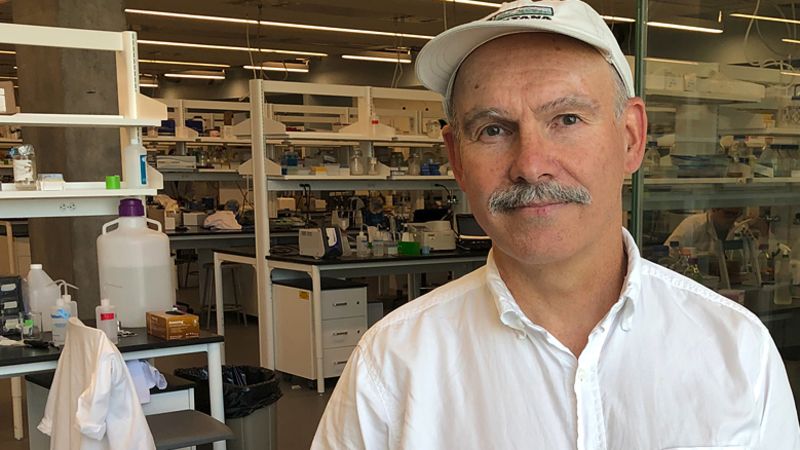
U of L researchers part of group to develop COVID-19 treatment
LETHBRIDGE, AB- University of Lethbridge researchers, in partnership with scientists at Applied Pharmaceutical Innovation (API), received funding from MITACS to develop a drug to treat the SARS-CoV-2 virus (COVID-19).
Professors and researchers are combining their knowledge to make the best use of their equipment and expertise in a bid to develop a new treatment for COVID-19.
The partnership between the U of L and API is made possible through a one-year MITACS Accelerate grant worth $210,000. The MITACS funding is a key factor in this partnered research and allows for student training in biophysics and biochemistry at the U of L.
Researchers include the U of L’s Drs. Trushar Patel and Borries Demeler (Department of Chemistry and Biochemistry), University of Alberta’s Neal Davies (Faculty of Pharmacy and Pharmaceutical Sciences), and API’s Rakesh Bhat (Director of Laboratory Science).
